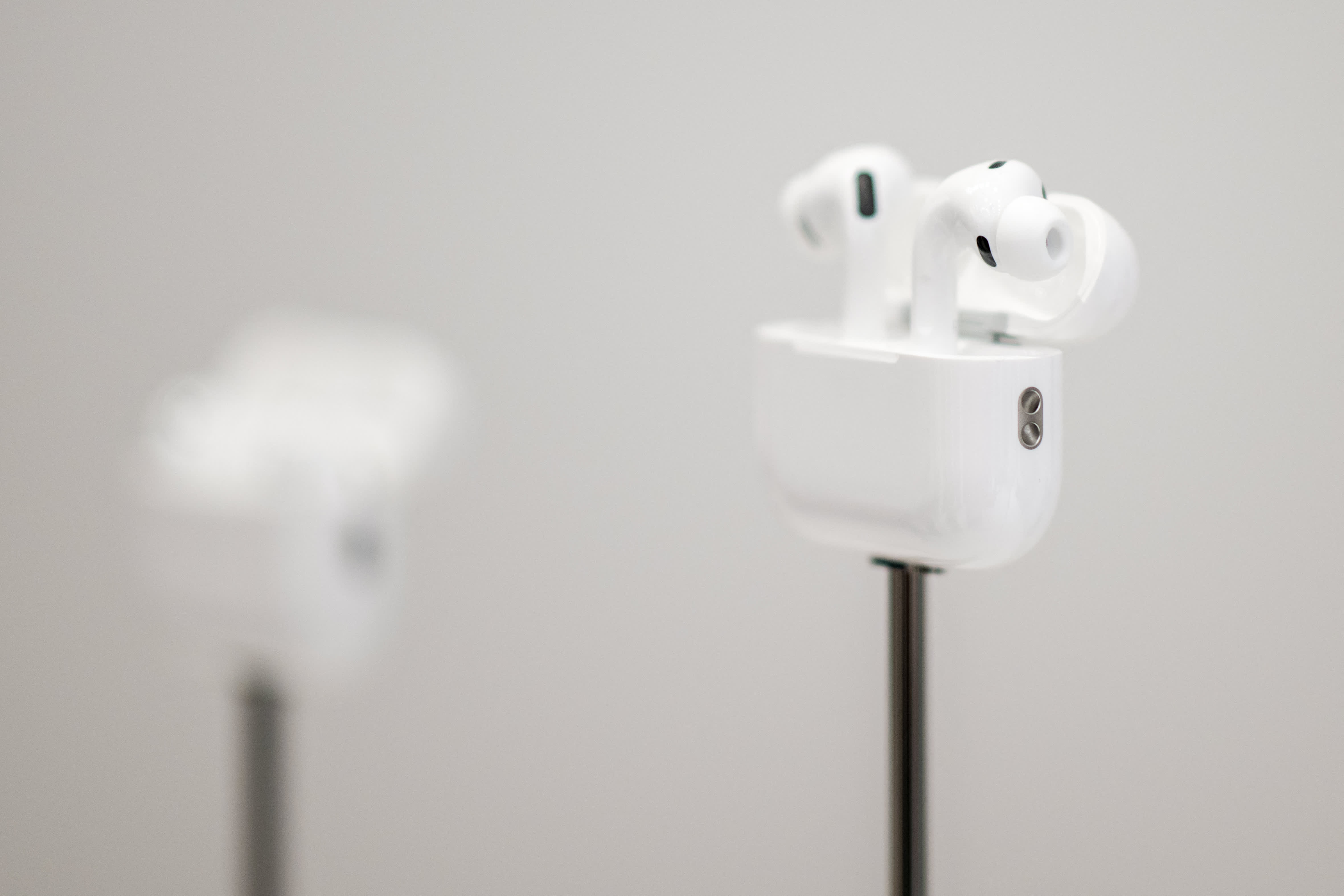Apple, Google and Meta are trying to perfect a science-fiction gadget: The universal translator
By Kif Leswing
Copyright cnbc

In the past several years, a number of purpose-built translation gadgets have entered the market, taking advantage of global high-speed cellular service and improving online translation services to produce puck-like devices or headphones with translation built-in for a couple hundred dollars.
“What I love about what Apple is doing is it really just illuminates the fact that how pressing of an issue this is,” said Joe Miller, U.S. general manager of Japan-based Pocketalk, which makes a $299 translation device that goes between two people conversing in different languages and translates their conversation in audio and text.
Given Apple’s massive scale and the fact that the Apple shipped about 18 million sets of wireless headphones in the first quarter alone, according to Canalys, the company’s entry into the market will expose a wider subset of customers to improvements translation tech has made in recent years.
Despite Apple’s entry into the market, makers of purpose-built devices say their focus on accuracy and knowledge of linguistics will provide better translations than what’s available for free with a new phone.
“We actually hired linguists,” said Aleksander Alski, head of U.S. and Canada for Poland-based Vasco Electronics, which is releasing translation headphones that can imitate the user’s voice, like Google’s feature. “We combined the AI with with human input, and thanks to that, we were able to secure much higher accuracy throughout all the languages we offer.”
There’s also home-field advantage. Vasco Electronics’ largest market is Europe, and Apple’s Live Translation isn’t available for EU users, Apple said on its website.
Some of the products being introduced by tech companies are less than universal, and are limited to a small number of languages for now. Apple’s feature is only available in 5 languages, versus Pocketalk’s 95.
Pocketalk’s Miller believes that the potential of the technology goes far beyond a tourist ordering a glass of wine in France. He says that it’s most powerful when its used in workplaces like schools and hospitals, which require privacy and security features that go beyond what Apple and Google provide.
“This isn’t about luxury tourism and travel,” Miller said. “This is about the intersection of language and friction, when a discussion needs to be had.”
Apple didn’t respond to a request for comment.
WATCH: If the AirPods live translation features work, it’s a breakthrough in AI, says DA Davidson’s Luria



